Those of you who are familiar with Betteridge’s law of headlines might think you know the answer to the question posed above. Spoiler alert: I think we’re rulebreakers today. This morning, North American investors were greeted with some important news from Argentina and China, along with a reminder that US investors are particularly good at ignoring events from around the globe unless they directly affect them.
The results of a primary election in Argentina sent that nation’s assets tumbling. As much as I enjoy visiting Argentina (I’ve been twice), they have stumbled from crisis to crisis for decades. Although the country is a key exporter of various commodities, their markets have become largely disconnected from most of the globe. I recently spoke with a Central America-based investor with financial and direct investments around the Western Hemisphere. He assiduously avoids Argentine investments and urged me not to consider them. And I know he is not alone in that sentiment. For better or worse, the goings-on in Argentina are indeed of little consequence to most US investors.
Meanwhile in Asia, stocks were broadly lower as investors digested another round of trouble emanating from China’s property sector, as major developer Country Garden sought to delay payment of a bond and a major trust company, Zhongrong International Trust Co., missed payments on some investment products. The former country has been mired in an inflationary spiral for years, the latter is facing concerns about impending deflation.
Defaulting debts can be a harbinger or a side effect of deflation. One person’s debt is another’s asset. If you buy a bond, you are lending money to the seller. That becomes an asset in your investment portfolio. The value of that loan, that asset, is subject to several factors – primarily the borrower’s ability to repay the loan. That is credit risk. If the lender’s credit risk increases, the value of its outstanding debts decreases to the detriment of its risk-averse bondholders. When that occurs on a broad scale, reducing the value of millions of bonds and private loans, that is a deflationary impulse.
To a global economy that is laden with debt, inflation is bad, but deflation is worse. Inflation allows debtors to be repaid with devalued currencies. Higher inflation impacts a lender’s real rate of return, but it can make it easier to get repaid. Deflation means that creditors are less likely to get paid in full, which has a cascading effect across an increasingly interconnected financial system. Recent deflationary episodes have included March’s banking crisis, the Covid crisis, and the Global Financial Crisis. Crises all.
Each of those crises were eventually stemmed by central bank intervention. This explains why stock markets react quickly to stimulative monetary policies but slowly to contractionary policies. We all know that the flood of liquidity unleashed by the response to Covid was a major catalyst for markets, and we have been asserting that much of this year’s rally was in fact spurred by the Fed’s balance sheet expansion caused by $300 billion in loans to concerned banks. Investors have become so accustomed to monetary stimulus that I have become concerned that markets are so addicted to central bank liquidity that they may actually relish an incipient crisis.
This is a vibe I have been getting from the market’s reaction to the initial reports out of China. Markets feign concern about the prospect of deflation emanating from China, but those concerns are muted by the prospect of stimuli either from the People’s Bank of China (PBOC) or the fiscal authorities in Beijing. So far, the few broad market concerns that have reached US shores have been more about tepid measures from the PBOC and others rather than the underlying problems. (To be fair, US-traded Chinese stocks and ETFs, like KWEB, have indeed paid attention.)
China has been an engine for global economic growth for decades now. In recent months, they have been a bit of a disappointment on that front. Markets hoped that China’s economy would magically re-awaken when Covid-era restrictions were lifted. Instead, they were disappointed when the expected rebound was muted. Now, investors are pinning their hopes on the prospect that PBOC stimulus will ameliorate concerns about shaky debts and spur the overall economy. So far, that has not materialized, and the longer we wait, the potential for a metastasizing financial accident grows. The stimulus may yet arrive, but hopefully not too late.
In the end, US investors do care about events occurring around the world, but all-too-often with a distressing tunnel vision. The “butterfly effect” can rear its head in financial markets, when modest events around the world can have unanticipated but highly significant impacts locally. One need only to think about the stories about a weird virus in Wuhan that emerged in early 2020. We wrote at the time that roaring US markets failed to notice China’s reaction to coronavirus with the notable exception of the PBOC stimulus that was occurring.
There is no reason to believe that the debt woes in China will lead to a global round of financial trauma. At least not yet. But there is no reason to ignore them either, and it is perverse, at best, to look forward to them as a welcome source of potential stimulus.
Join The Conversation
If you have a general question, it may already be covered in our FAQs. If you have an account-specific question or concern, please reach out to Client Services.
Leave a Reply
Disclosure: Interactive Brokers
The analysis in this material is provided for information only and is not and should not be construed as an offer to sell or the solicitation of an offer to buy any security. To the extent that this material discusses general market activity, industry or sector trends or other broad-based economic or political conditions, it should not be construed as research or investment advice. To the extent that it includes references to specific securities, commodities, currencies, or other instruments, those references do not constitute a recommendation by IBKR to buy, sell or hold such investments. This material does not and is not intended to take into account the particular financial conditions, investment objectives or requirements of individual customers. Before acting on this material, you should consider whether it is suitable for your particular circumstances and, as necessary, seek professional advice.
The views and opinions expressed herein are those of the author and do not necessarily reflect the views of Interactive Brokers, its affiliates, or its employees.
Disclosure: ETFs
Any discussion or mention of an ETF is not to be construed as recommendation, promotion or solicitation. All investors should review and consider associated investment risks, charges and expenses of the investment company or fund prior to investing. Before acting on this material, you should consider whether it is suitable for your particular circumstances and, as necessary, seek professional advice.



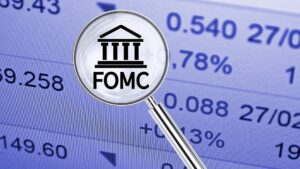




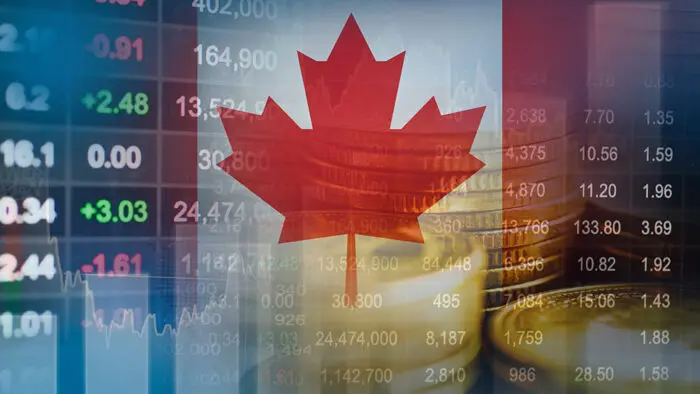
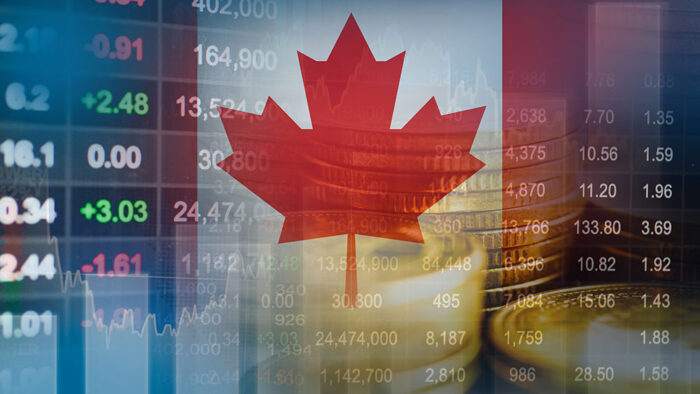


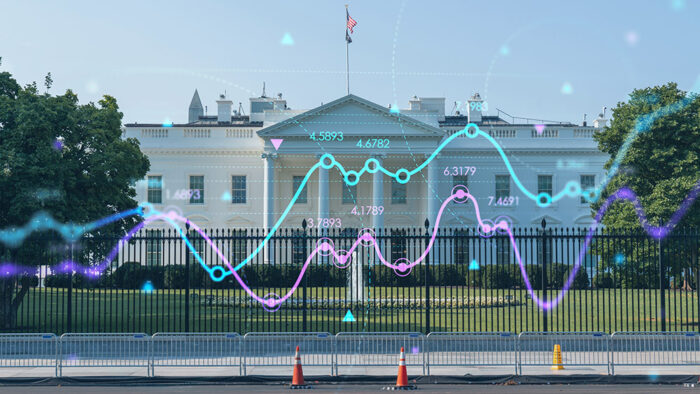



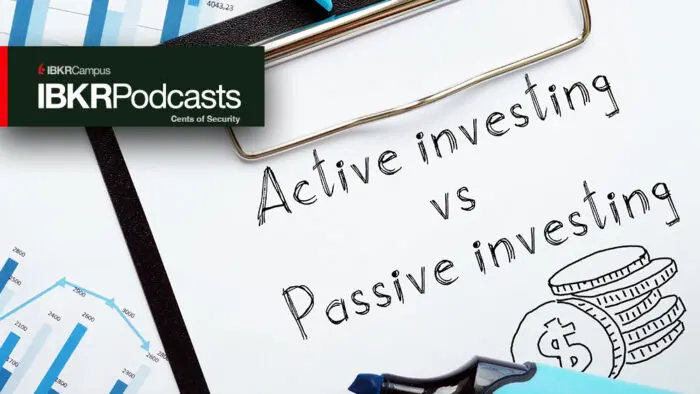
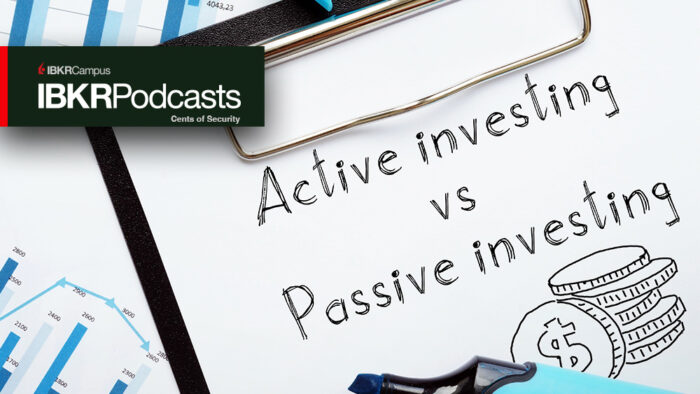













Nice review of our current events and markets, Steve,….and the concluding admonition is well fully appropriate.
Thank you for the feedback, Jim!